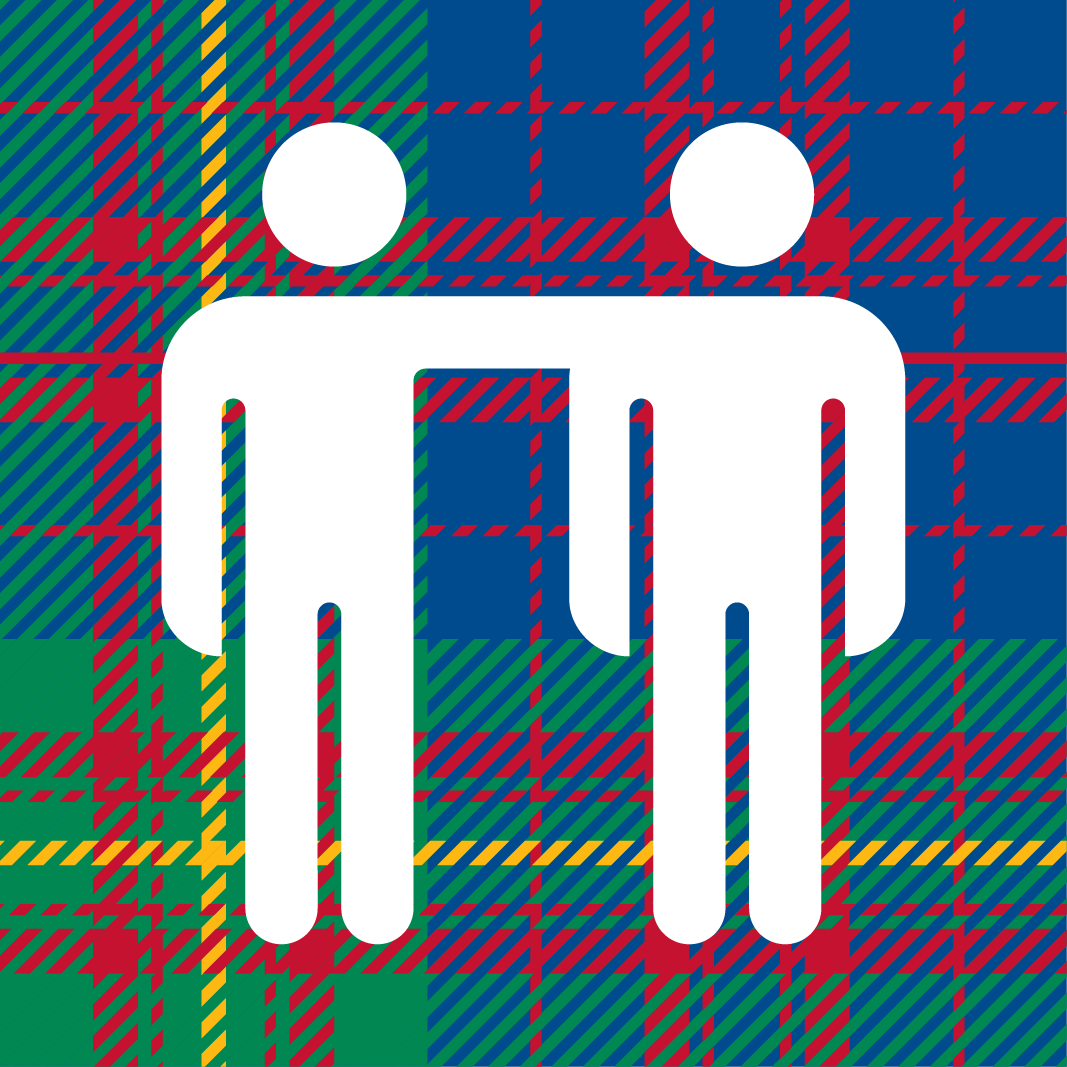Politics has never been easy, however it seems to have been getting harder and harder in some ways, particularly in having constructive discourse between opposing viewpoints. Many have been left disheartened by the inability of our politicians to hold constructive debate and dialogue between each other, especially given the recent presidential campaign. However this isn’t simply an issue for politicians, as we all must at some points confront people with differing political opinions and ideas. Yet many have found it increasingly difficult to engage in any conversations even touching on politics with those of differing views and have instead chosen to avoid such conversations.
To understand why political discourse seems to have deteriorated, many people point to the increasingly emotionally charged and vitriolic language used by politicians. However looking back through history, has such harsh language always been a part of politics? Perhaps even more concerning than the harsh tone of discourse is that the very style and manner of political rhetoric seems to be splitting between the two sides of the political spectrum. That means that often the content of what one says can matter less that the way in which the say it, since the two sides of the political spectrum have evolved distinct vocabulary that identify their speakers as belonging to a certain side. Thus speakers will often be labeled before they have even said anything substantive.
What are the barriers hindering constructive political discourse? Is the rhetoric on opposite sides of the political spectrum becoming more split? Ultimately how do we best go about engaging in constructive political discourse? What responsibility do we have as citizens to engage with others constructively over political matters?
This blurb has been reused from a previous meeting.
